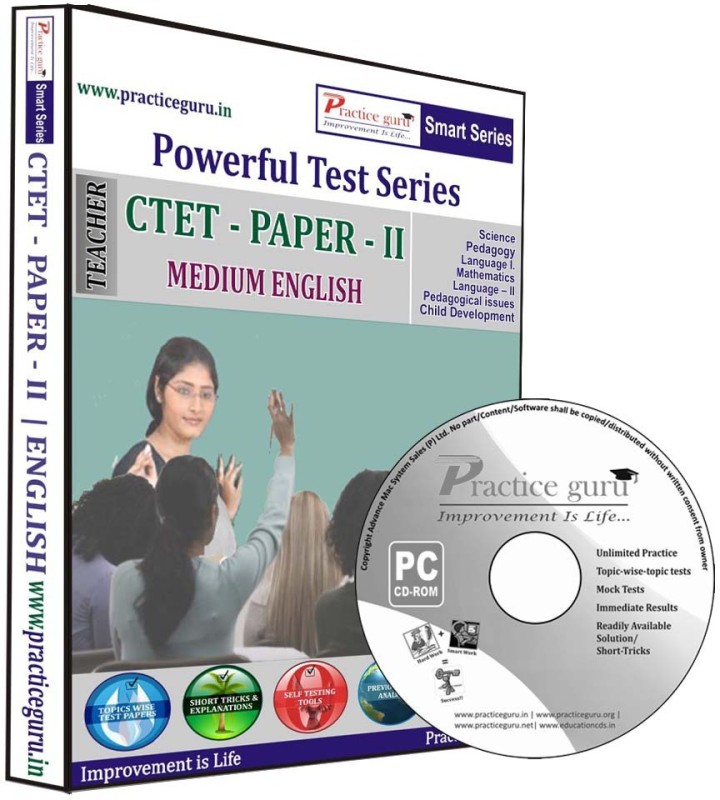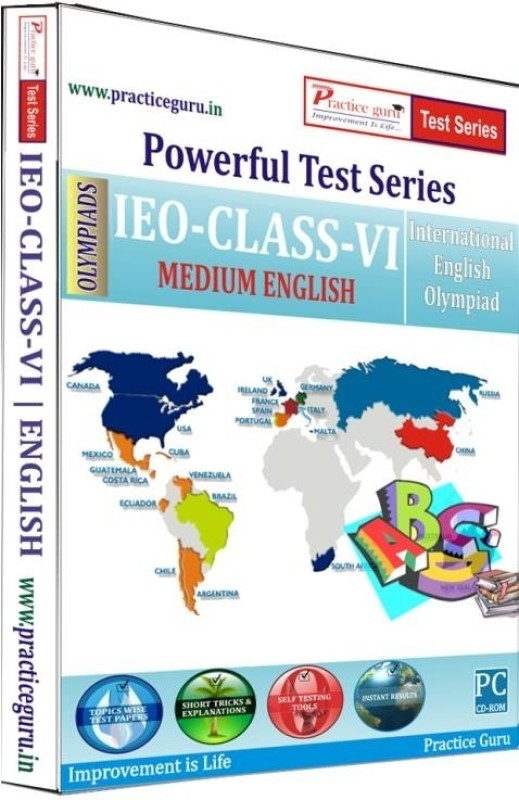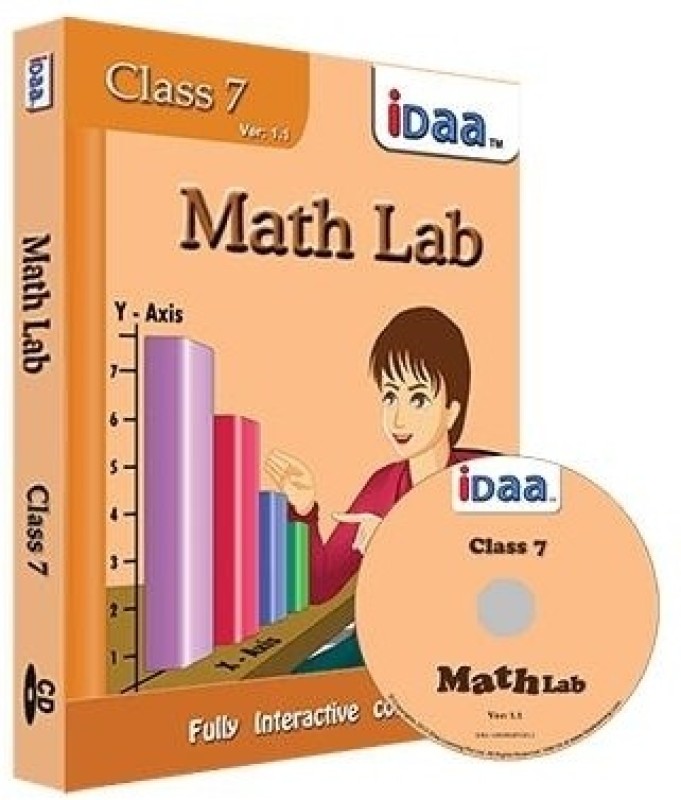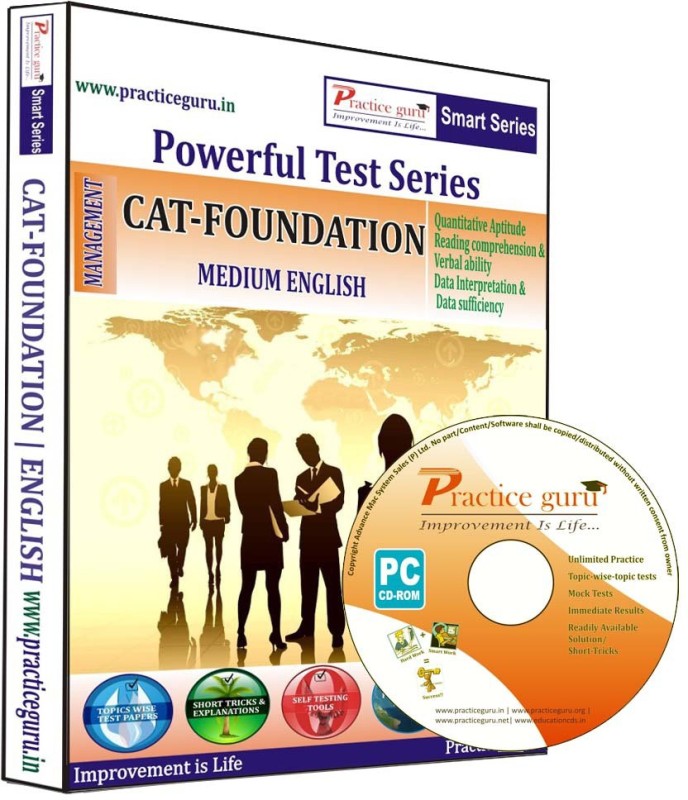Description
I. Child Development and Pedagogy: a) Child Development for Elementary SchoolConcept of development and its relationship with learning, Principles of the development of children, Influence of Heredity & Environment, Socialization processes: Social world & children (Teacher, Parents, Peers), Piaget, Kohlberg and Vygotsky: constructs and critical perspectives, Concepts of child-centered and progressive education, Critical perspective of the construct of Intelligence, Multi Dimensional Intelligence, Language & Thought, Gender as a social construct; gender roles, gender-bias and educational practice, Individual differences among learners, understanding differences based on diversity of language, caste, gender, community, religion etc. Distinction between Assessment for learning and assessment of learning; School-Based Assessment, Continuous & Comprehensive Evaluation: perspective and practice, Formulating appropriate questions for assessing readiness levels of learners; for enhancing learning and critical thinking in the classroom and for assessing learner achievement.b) Concept of Inclusive education and understanding children with specialAddressing learners from diverse backgrounds including disadvantaged and deprived, Addressing the needs of children with learning difficulties, impairment etc, Addressing the Talented, Creative, Specially abled Learnersc) Learning and PedagogyHow children think and learn; how and why children fail to achieve success in school performance, Basic processes of teaching and learning; childrens strategies of learning; learning as a social activity; social context of learning, Child as a problem solver and a scientific investigator Alternative conceptions of learning in children; understanding childrens errors as significant steps in the learning process, Cognition & Emotions, Motivation and learning, Factors contributing to learning- personal & environmental II. Language I: a) Language ComprehensionReading unseen passages- two passages one prose or drama and one poem with questions on comprehension, inference, grammar and verbal ability (Prose passage may be literary, scientific, narrative or discursive)b) Pedagogy of Language DevelopmentLearning and acquisition, Principles of language Teaching, Role of listening and speaking; function of language and how children use it as a tool, Critical perspective on the role of grammar in learning a language for communicating ideas verbally and in written form; Challenges of teaching language in a diverse classroom; language difficulties, errors and disorders, Language Skills, Evaluating language comprehension and proficiency: speaking, listening, reading and writing, Teaching-learning materials: Textbook, multi-media materials, multilingual resource of the classroom, Remedial Teaching III. Language- II a) ComprehensionTwo unseen prose passages (discursive or literary or narrative or scientific) with questions on comprehension, grammar and verbal abilityb) Pedagogy of Language DevelopmentLearning and acquisition, Principles of language Teaching, Role of listening and speaking; function of language and how children use it as a tool, Critical perspective on the role of grammar in learning a language for communicating ideas verbally and in written form; Challenges of teaching language in a diverse classroom; language difficulties, errors and disorders, Language Skills, Evaluating language comprehension and proficiency: speaking, listening, reading and writing, Teaching-learning materials: Textbook, multi-media materials, multilingual resource of the classroom, Remedial Teaching IV. (A) Mathematics and Science: -1. MathematicsNumber System, Knowing our Numbers, Playing with Numbers, Whole Numbers, Negative Numbers and Integers, Fractions, Algebra, Introduction to Algebra, Ratio and Proportion, Geometry, Basic geometrical ideas (2-D), Understanding Elementary Shapes (2-D and 3-D), Symmetry: (reflection), Constructions (using Straight edge Scale, protractor, compasses), Mensuration, Data handlingb) Pedagogical issuesNature of Mathematics/Logical thinking, Place of Mathematics in Curriculum, Language of Mathematics, Community Mathematics, Evaluation, Remedial Teaching, Problems of Teaching2. Science:Food, Sources of food, Components of food, Cleaning food,Materials, Materials of daily useThe World of the LivingMoving Things People and IdeasHow thins work, Electric current and circuits, Magnets,Natural Phenomena, Natural Resourcesb) Pedagogical issuesNature & Structure of Sciences, Natural Science/Aims & objectives, Understanding & Appreciating Science, Approaches/Integrated Approach, Observation/Experiment/Discovery(Method of Science), InnovationText Material/Aids, Evaluation- cognitive/psychomotor/affective, Problems, Remedial Teaching, Social Studies/ Social Sciencesa) Content:(i) HistoryWhen, Where and How, The Earliest Societies, The First Farmers and Herders, The First Cities, Early States, New Ideas, The First Empire, Contacts with Distant lands, Political Developments, Culture and Science, New Kings and Kingdoms, Sultans of Delhi, Architecture, Creation of an Empire, Social Change, Regional Cultures, The Establishment of Company Power, Rural Life and Society, Colonialism and Tribal Societies, The Revolt of 1857-58, Women and reform, Challenging the Caste System, The Nationalist Movement, India After Independence,(ii) GeographyGeography as a social study and as a science, Planet: Earth in the solar system, Globe, Environment in its totality: natural and human environment. Air, Water, Human Environment: settlement, transport and communication. Resources: Types- Natural and Human, Agriculture,(iii) Social and Political LifeDiversity, Government, Local Government, Making a Living, Democracy, State Government, Understanding Media, Unpacking Gender, The Constitution, Parliamentary Government, The Judiciary, Social Justice and the Marginalizedc) Pedagogical issuesConcept & Nature of Social Science/Social Studies, Class Room Processes, activities and discourse, Developing Critical thinking, Enquiry/Empirical Evidence, Problems of teaching Social Science/Social Studies, Sources Primary & secondary, Projects Work, Evaluation + MOCK TESTS for CTET PAPER II.Additional Features!1. Runs without Internet!2. Immediate scores and solutions!3. Compatible with Windows XP/7/84. Online support5. Complete career planner chart with PDF files containing relevant details6. Random questions in a test every time you practice!7. Exam Details (Syllabus /Pattern)8. All About This Exam9. Examination Tips10. Study Notes11. Previous Year Papers12. IQ Test13. Exam Calendar14. Career Guidance15. Motivational / Success Stories16. Fun Zone17. Other Products






Reviews
There are no reviews yet.